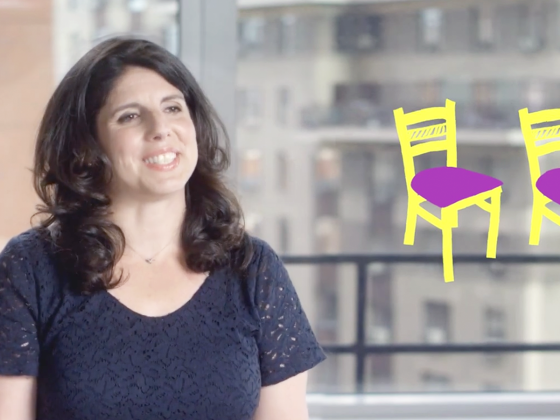
Math & Pretend Play
Use pretend play to make math fun!
- Ask educators if they “played pretend” or “played make-believe” when they were young, and to describe it. Then ask, “Why do you think this kind of play is so important for kids?” List responses on chart paper. Explain that kids can develop many important skills through play, such as language and literacy skills, social-emotional skills, and math skills.
- Play the video, then invite educators to turn to the person next to them and share one idea from the video that they’d like to remember.
- Ask the pairs to partner with another pair so they are in groups of four. Invite each group to share with each other the different types of pretend play their kids engage in, and think of ways they might introduce math into the play. Share ideas to get them started:
- If kids are pretending to shop for groceries, give them a written shopping list: 3 bananas, 5 oranges, and 2 boxes of cereal.
- If kids are playing “kitchen,” give them plastic measuring cups and spoons.
- If kids are playing “store,” help them create a cash register from a box or a few paper cups. Kids can use index cards or colored slips of paper as “money.”
- Ask each group to share their ideas with the larger group as you write them on chart paper. (Remind them that it’s important to let kids guide their own play—kids may not always follow their suggestions or use the tools they’ve provided, and that’s okay.)
- Invite educators to think of an area of their program spaces that is ready for math enrichment! What materials will they add to the area? Which other subject areas that they are already focusing on can they integrate? Have them make notes and then share with the group.
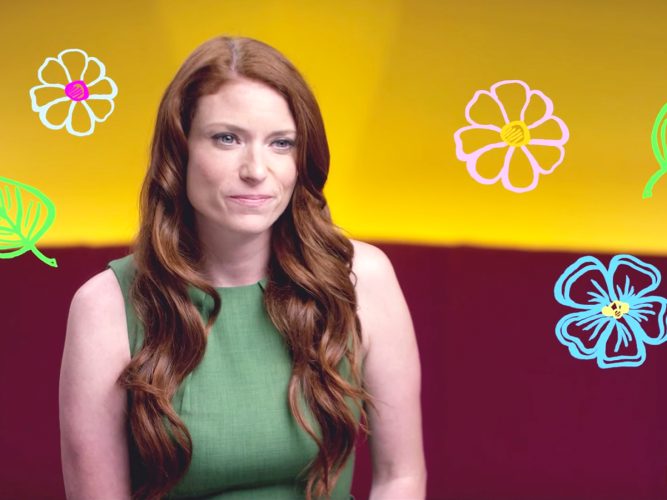
The Language of Math
Help children understand the world through "math talk."

Making Math Time Anytime!
Tips to highlight math in everyday life.
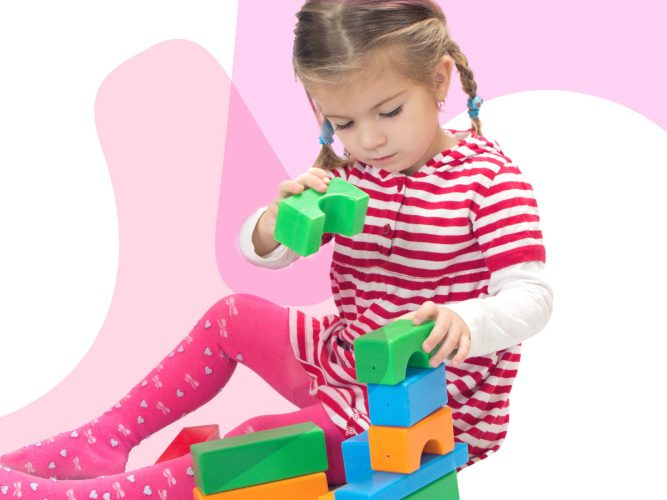
How Kids Make Sense of Numbers
Learn about five important "number sense" skills.
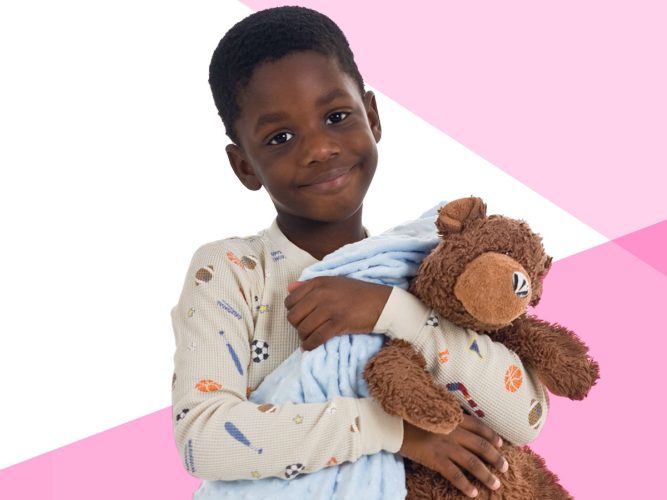
Bedtime Math
Enjoy math at bedtime with these finger plays and activities.
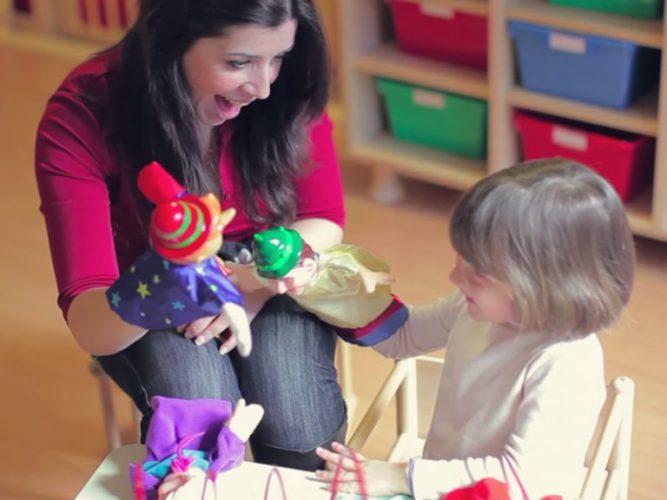
Make Believe With Math
You can create math moments in young children's lives, especially during pretend play.
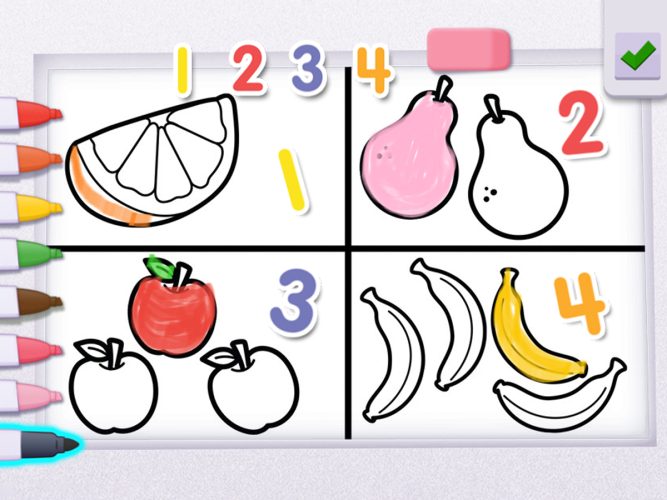
Playing With Numbers
An interactive game to build the basic skill of number recognition.
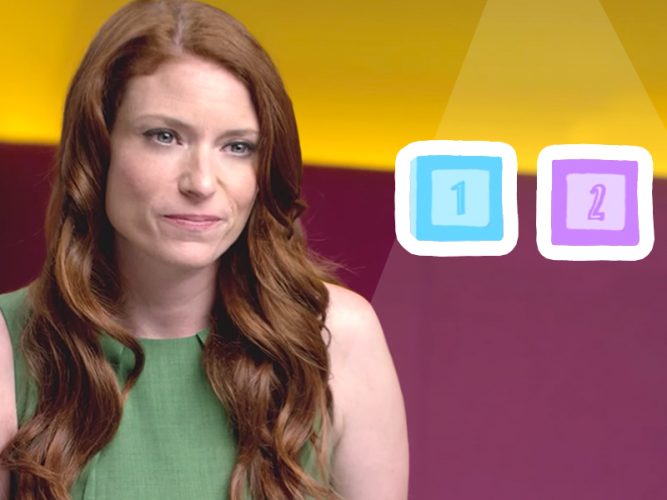
Math is Everywhere
Sesame Street curriculum expert, Autumn Zitani, M.A., explores strategies to support children's math learning every day.
